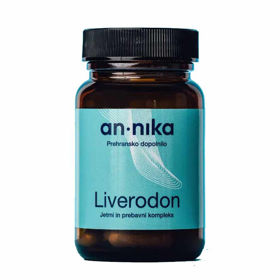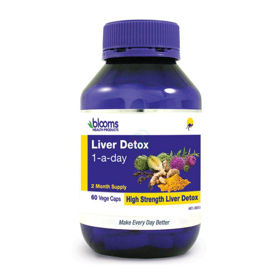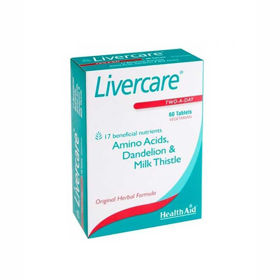Customer question:
Does elevated S-alt indicate hepatitis? Anonymous customer's question
Pharmacist's answer:
Elevated levels of liver enzymes such as serum alanine aminotransferase (S-alt or ALT) may indicate liver problems, including hepatitis infection. ALT is an enzyme found mainly in liver cells, and its elevated level in the blood can indicate liver damage or inflammation.
In the case of hepatitis, liver cells become inflamed, which can cause ALT to be released into the bloodstream. Elevated ALT levels are, therefore, a standard diagnostic sign of hepatitis. However, it is essential to note that elevated ALT levels are not a specific indicator of the type of hepatitis or its severity. Other liver diseases or factors such as alcoholic liver damage, fatty liver, and other liver diseases can also cause an increase in ALT in the blood.
To accurately diagnose hepatitis and determine the cause of elevated ALT levels, additional clinical investigations are usually required, including laboratory tests for other liver enzymes, immunological tests, and molecular tests to identify the specific hepatitis virus. If you have elevated ALT or other symptoms of liver problems, talk to your doctor.
What is S-alt?
S-alt is an abbreviation for serum alanine aminotransferase. Serum alanine aminotransferase (ALT) is an enzyme found primarily in liver cells and other tissues such as muscle and heart. ALT plays a crucial role in amino acid metabolism. Measuring the level of ALT in the blood is an important diagnostic test to assess the liver's health. Elevated ALT levels in a blood test can indicate liver damage, inflammation, or other liver disorders. It is often used to assess liver function and diagnose various liver diseases, including hepatitis.
Elevated ALT levels are not a specific indicator of a particular disease and can also occur in other conditions such as heart disease, muscle damage, alcoholic liver damage, fatty liver, and other liver diseases. Average ALT values vary depending on the laboratory that performs the testing but are usually listed in blood tests. If ALT levels are elevated, this usually requires additional testing and clinical evaluation to determine the cause of the elevation and determine appropriate treatment.
Interesting reading: Liver hurts
Interesting reading: S alt in blood













